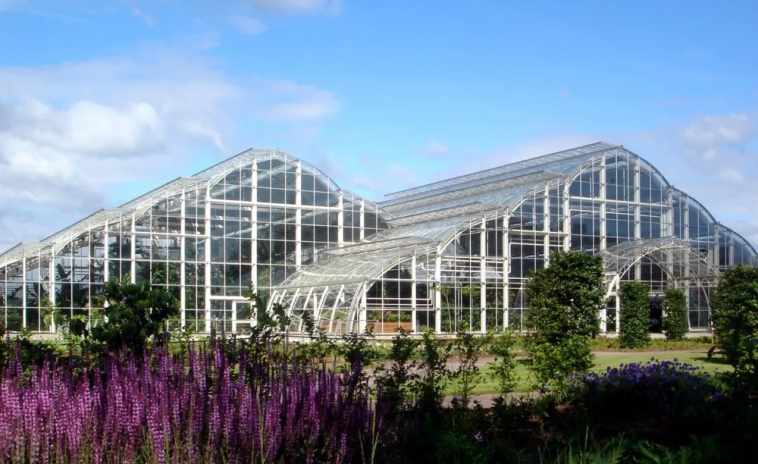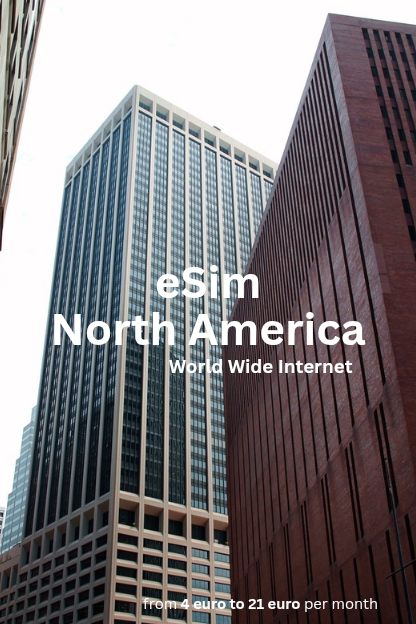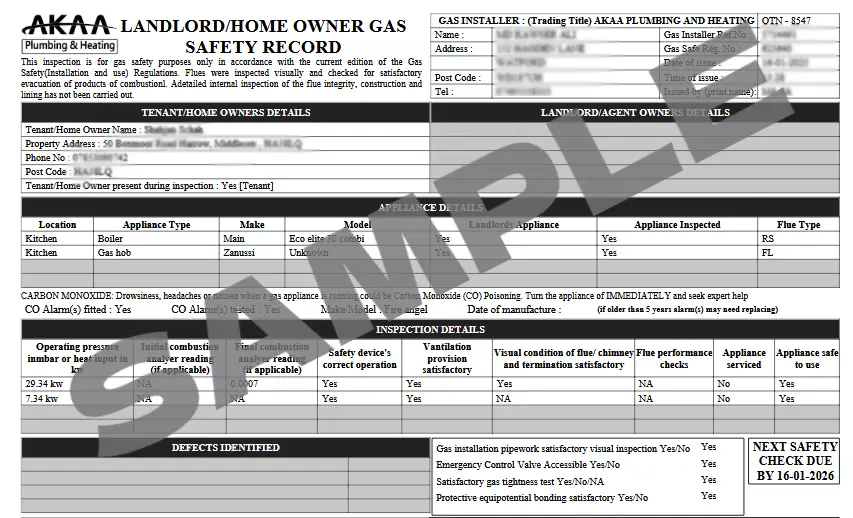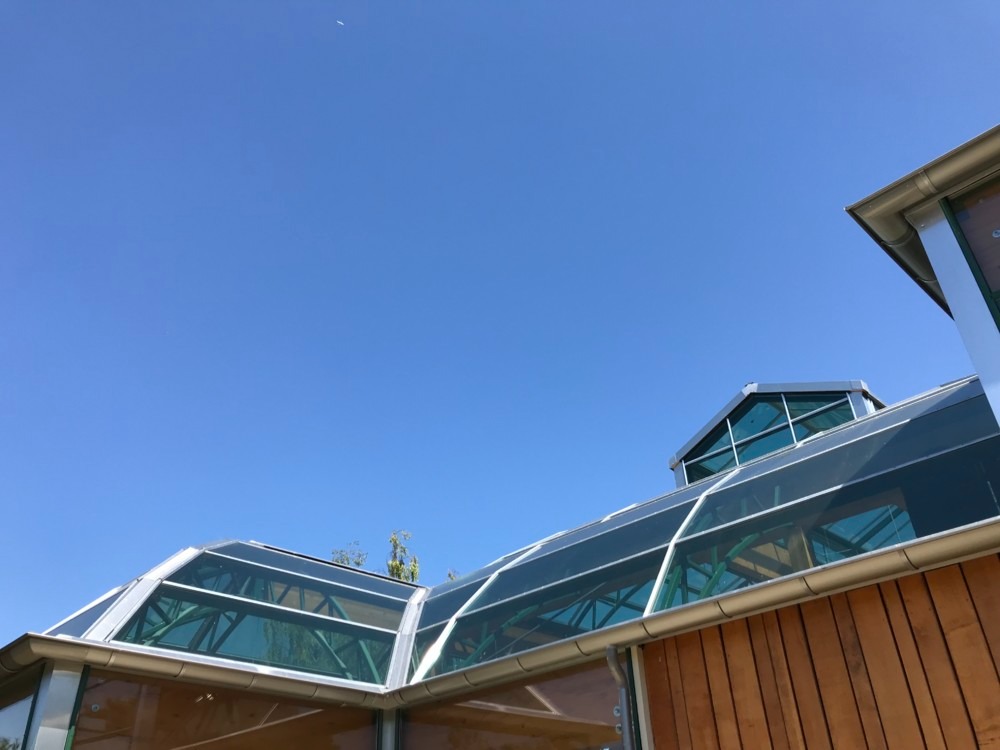Transforming Your Outdoor Space: Essential Tips for Garden Centers

Creating a thriving garden space requires more than just plants and soil—it demands strategy, knowledge, and careful planning. Whether you’re a hobbyist or a business owner, Garden centre Advice can make a significant difference in achieving a flourishing and sustainable garden environment. Understanding the core principles behind Building a garden center is key to ensuring your garden not only looks beautiful but also thrives year-round.
A successful garden center begins with a clear vision. Before planting a single seed, consider what your goals are. Are you focusing on ornamental plants, edible gardens, or a combination of both? Proper planning allows for efficient space utilization, better plant selection, and enhanced customer satisfaction if you’re running a commercial center. Garden centre Advice stresses that careful consideration of plant types, local climate, and seasonal variations is essential for a productive garden.
When it comes to Building a garden center, infrastructure plays a crucial role. Start by designing the layout to accommodate both plants and visitors. Pathways should be wide enough for easy navigation, and display areas should highlight seasonal plants and trending gardening products. Incorporating features such as greenhouses, shade structures, and irrigation systems can boost plant growth and reduce maintenance efforts. Additionally, proper drainage and soil management are vital to prevent waterlogging and root damage.
Sustainability is another important factor. Modern garden centers emphasize eco-friendly practices, including composting, rainwater harvesting, and organic fertilizers. Implementing sustainable practices not only benefits the environment but also enhances the reputation of your garden center. Following expert Garden centre Advice, using native plants can reduce water consumption and attract local wildlife, creating a balanced and self-sustaining ecosystem.
Customer experience is a cornerstone of a successful garden center. Whether you are welcoming visitors to your physical location or engaging with an online audience, providing useful information and guidance is essential. Signage, plant care guides, and interactive workshops can educate customers and foster loyalty. By focusing on customer needs, your garden center becomes more than a place to buy plants—it transforms into a community hub where gardening enthusiasts can gather, learn, and share ideas.
Building a garden center also involves strategic inventory management. Stock a diverse range of plants, tools, and gardening accessories to cater to different preferences and skill levels. Seasonal rotations and regular assessments of popular items ensure that your center remains relevant and well-stocked throughout the year. Partnering with local growers and suppliers can provide fresh and high-quality stock, supporting both your business and the local economy.
Marketing and promotion are equally important. Utilizing social media platforms, email newsletters, and local advertising can increase awareness and attract visitors. Highlighting seasonal promotions, gardening tips, and unique plant varieties can engage your audience and drive foot traffic. Additionally, collaborating with gardening clubs, schools, and community organizations can strengthen your network and establish your garden center as a trusted source of knowledge.
Technology integration is revolutionizing the way garden centers operate. Online ordering, virtual plant catalogs, and automated inventory tracking enhance convenience for both business owners and customers. Incorporating digital tools allows for better planning, reduced waste, and more efficient operations. According to industry experts, leveraging technology alongside traditional gardening practices is essential for modern garden centers to thrive.
Maintenance and care are ongoing responsibilities. Regular pruning, watering, and soil management ensure healthy plant growth. Implementing pest control measures and monitoring for diseases can prevent large-scale plant loss. Following professional Garden centre Advice, creating maintenance schedules and training staff ensures that the garden remains attractive and productive at all times.
Financial planning is a crucial but often overlooked aspect of Building a garden center. Budgeting for infrastructure, plant procurement, marketing, and staff salaries ensures that your center remains sustainable. Monitoring expenses, analyzing sales trends, and adjusting your offerings based on customer demand help maximize profitability while maintaining quality standards.
In conclusion, developing a successful garden center requires a combination of strategic planning, knowledge, and dedication. Following expert Garden centre Advice can guide you through everything from infrastructure and sustainability to customer experience and inventory management. By focusing on thoughtful design, eco-friendly practices, and community engagement, you can create a garden center that is both beautiful and functional.
Whether you are planning a personal garden or a commercial venture, the insights provided by Garden Center Advice offer a roadmap to success. Investing in proper planning, infrastructure, and sustainable practices ensures that your garden center thrives for years to come, delighting both plants and people alike.









